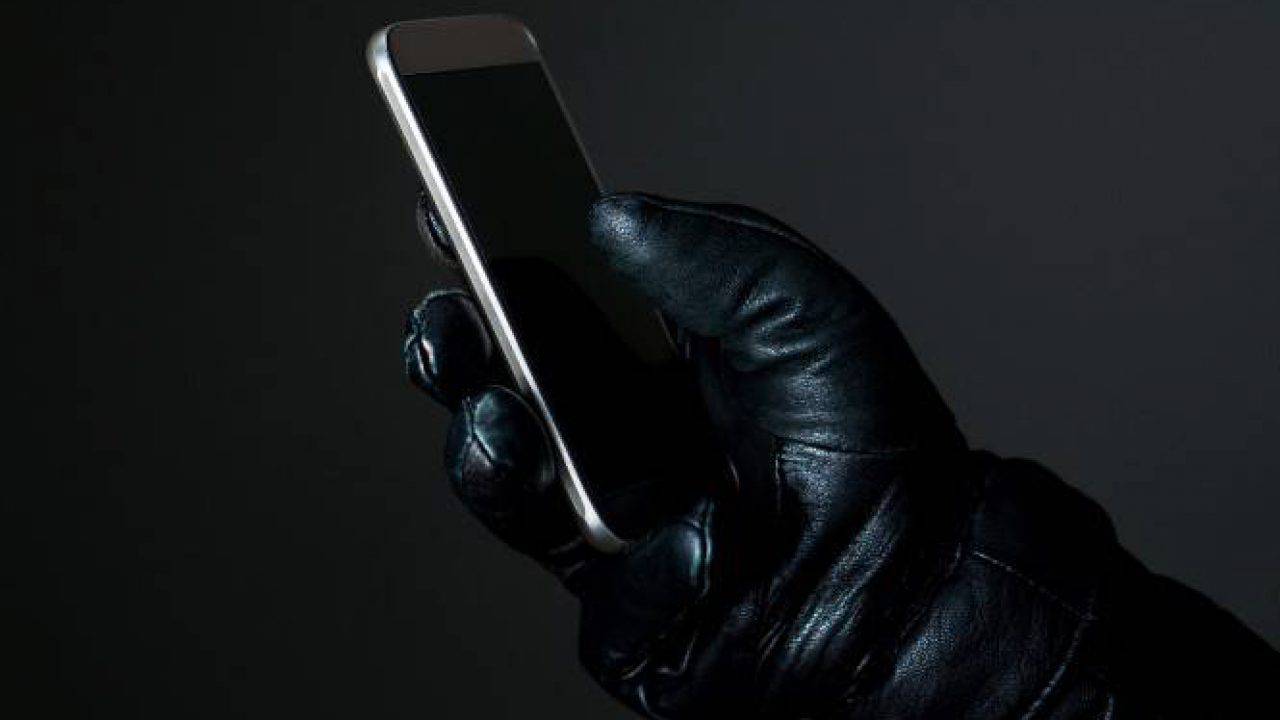© 2000-2023 - Enkey Magazine - All rights reserved
ENKEY SNC - VAT ID IT03202450924 / REA Code CA253701 - Phone. 078162719
You may have heard the term vishing – a short form for voice phishing – but perhaps you don’t know that vishing is quickly becoming an international and widespread cyber threat to our security.
Cyber crimes have become increasingly popular nowadays, spreading at an alarmingly quick rate.
As technology and the Internet are more and more deeply rooted in our everyday life, we naturally use these resources to save and share our personal data. These contents must be preserved at any cost from falling into less scrupulous hands.
Getting a clear understanding of the way criminals may exploit our phones and deceive their victims is the key achievement if we are to defeat vishing – and other forms of cyber-crimes.
The hidden story of vishing
Le’s start right away by saying that vishing in itself is nothing new or hitherto unknown.

The first phone scams records date back to at least ten years ago.
Since 2009, England and the United States had to deal with a rampage of crimes exploiting the vulnerability of telephone users.
Even nowadays, vishing is one of the most challenging cyber threats that Scotland Yard has to deal with.
Its diffusion was slower in the other European regions. And it wasn’t until recent times that vishing resurfaced in Italy.
But how we can keep scammers from expoliting our personal data with malicious phone calls?
How vishing works
Let’s first see how vishing works and why it’s so easy to be duped by cyber criminals.
This kind of scammers exploit the good faith and honesty of phone call recipients.
Internet security has become more advanced lately. Cyber-scams and online threats are under everyone’s eyes.

Almost all bank, post services or institutional websites are known to put up alerts against data fraud and exploitation. We all know that our personal data (such as telephone number, home address or credit card number) should only be shared on secure servers and never by mail or on social networks.
The enhanced security made things more difficult for online criminals who therefore had to fish out new, unsuspecting victims for their frauds. Phone users most definitely fit the bill.
False phone calls to steal personal data
Vishing or voice phishing is quickly becoming the most common kind of phone scam.
One example of vishing could be a phone call from a fake or unreachable number, wherein an operator soothingly and matter-of-factly informs the victims about some presumed issue with their home banking or credit card.

The victims are led to believe that they’re really talking with a phone op whose concern is for their well-being. These scammers are extraordinary apt at expoliting trust with their smooth talking and artfully crafted fraud.
Furthermore, scammers may already own some data collected through the vulnerability and hacks of social networks, such as credit card number 0r other details that may win the victim’s trust for good.
Of course it goes without saying that the reported issues are a hoax and the data thus acquired will be used maliciously.
How can we avert phone scams?
The best way to avert vishing is to treat it with the same wariness we’d use in our daily online routine.
People should never, for any reason, disclose their personal data on the phone; if we really think the recipient’s being honest, we may at best ask for an in-office appointment.

If the incoming number is concealed or does not match our bank’s own, there’s almost surely something fishy about it.
Another trick may be to never say “yes” to anything, hanging down as soon as we can. Afterwards, the best step to do is warn the police who will prompty investigate on the matter.
But we also should be wary of some alleged SMS texts warning us about online threats; this kind of scam, known as smishing, is an offshoot of vishing that we’ll expand upon in a coming article.
This post is also available in:
 Italiano
Italiano

